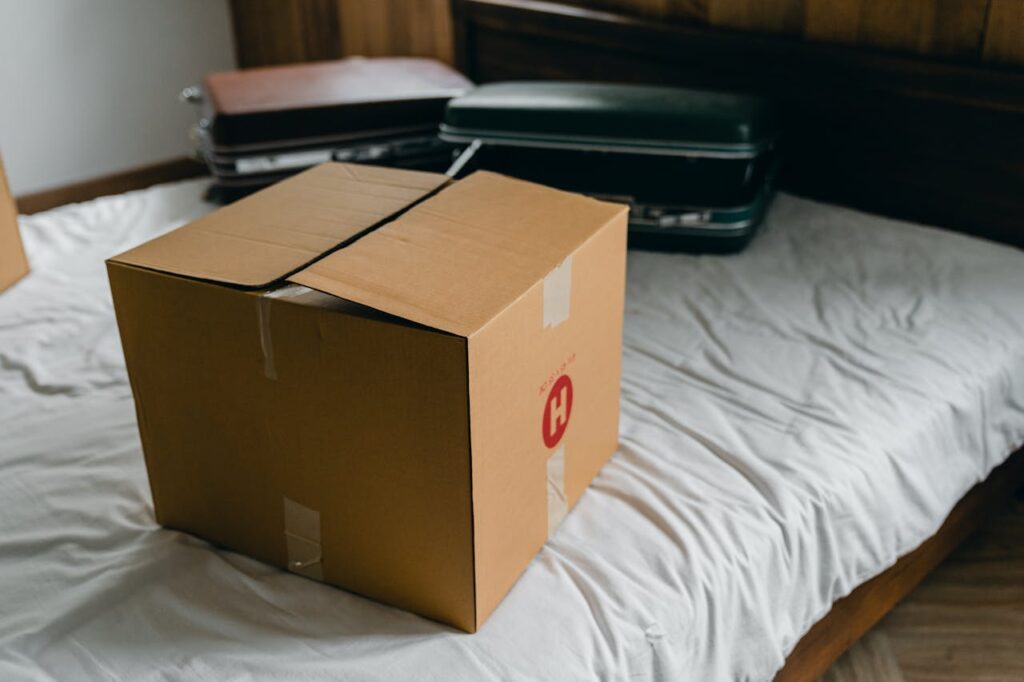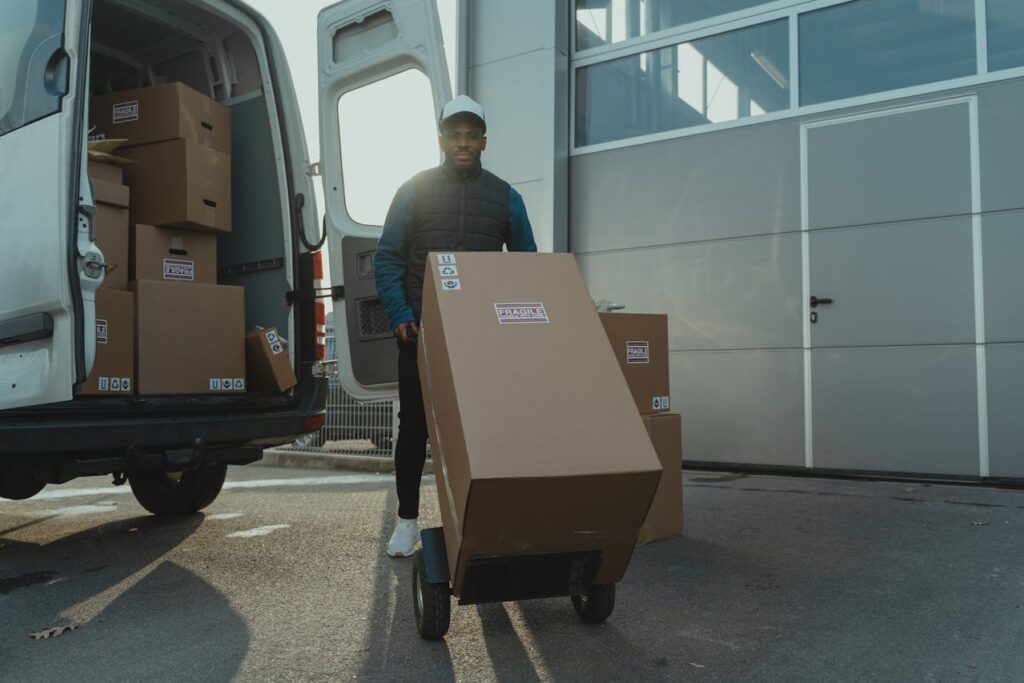Relocating to another part of the country takes more than just packing boxes. It involves planning, timing, and a clear understanding of what to expect. The key to stress-free long-distance relocations is making informed decisions early and avoiding last-minute surprises. By breaking the process into manageable steps, you can reduce stress and stay focused on what matters most—starting fresh in your new home without unnecessary problems.
Why Planning Early Matters More Than You Think
Getting organized early can prevent delays and costly mistakes. As every move is specific, additional services you should consider need to be your priority when hiring a moving company. These may include packing, storage, or disassembly services, which save time and reduce stress. Choosing these early lets you compare prices and availability.
Start by creating a simple checklist. Write down your moving date, list of items, and the professionals you may need to contact. Book your mover at least two months ahead to avoid scheduling conflicts. Many people also forget to update their utilities, driver’s license, and mailing address until it’s too late.
To add to that, check if your building or neighborhood has moving restrictions, such as elevator reservations or loading zone permits. Confirm these details early to avoid delays or fines. Also, notify your bank, insurance providers, and healthcare offices about your upcoming address change. Handle these details early to avoid disruption during your move. Getting these basics sorted ahead of time gives you room to focus on more important decisions later.
Stress-Free Long-Distance Relocations Start with Smart Packing
Efficient packing reduces the risk of damage and cuts down on time spent unpacking. It also helps your movers handle items properly. First and foremost, labeling each box with its contents and destination room speeds up unloading. Next, declutter before you pack. Donate or sell items you don’t use. This lowers moving costs and keeps your new space clutter-free. Wrap fragile items with towels, clothing, or bubble wrap. Use sturdy boxes that are the right size for the weight of your items.
Heavy objects should go in small boxes to avoid breakage. Light items can go in larger boxes. Keep an inventory of all boxes. This helps if anything goes missing or arrives damaged. If you’re working with a professional service, ask what packing materials they provide. Some companies offer full or partial packing help. That can make things easier if you’re short on time or overwhelmed by the task. Packing smart is a huge step toward stress-free long-distance relocations, especially when paired with a realistic timeline and help from professionals.

How to Manage Costs Without Compromising Quality
One of the essential things to keep in mind is that long-distance moves can get expensive quickly. However, there are ways to keep your costs under control. Start by setting a realistic budget. Break it down by travel costs, packing supplies, moving fees, and any extra services. Get written estimates from several licensed moving companies. Avoid movers who refuse to give you quotes or charge large deposits upfront. Check for hidden fees related to stairs, elevators, or long carry distances.
Likewise, it would be ideal to perform this task during off-peak seasons. Summer and weekends are usually more expensive. A mid-week move in spring or fall can save you hundreds of dollars. Track your expenses as you go. Use a basic spreadsheet to monitor what you’re spending. This helps you avoid surprise costs and make informed decisions. Some moving expenses may be tax-deductible if the move is job-related. Check with an accountant or tax advisor to see if you qualify. That could ease your financial burden during the relocation process.
Communicating Clearly with Your Movers Is Essential
Good communication with your movers prevents misunderstandings and protects your belongings. Let them know about heavy or fragile items ahead of time. Mark anything that requires special handling or is going into storage. Share all important details in writing. That includes addresses, access points, gate codes, and parking instructions. Confirming the moving date and time and making sure someone is present when they arrive will help you stay organized during the entire process.
Above all, be available on a moving day to answer questions. If you’re not there, assign a reliable contact who knows your instructions. Movers work best when they can get quick feedback and clarification. Ask for a copy of the inventory list and walk through it together before the truck leaves. This ensures nothing is left behind and gives you a clear record of what’s being transported. Good movers will also explain what to do if something gets damaged. Make sure you understand the claims process. Keep all paperwork and take photos of valuable items for extra protection.

What to Do After the Move to Settle in Quickly
Arriving in a new city can feel overwhelming. Start by unpacking one room at a time, beginning with essentials like the kitchen and bathroom. This helps create order and makes the space feel livable sooner. For starters, use your inventory list to make sure everything arrives. Report any damage to the moving company right away. Follow up with written documentation if needed.
In addition, take breaks between unpacking sessions. Explore the area slowly. Locate the nearest grocery store, pharmacy, and public transit options. These small steps help you feel grounded in your new place. Meet your neighbors and ask about local services. They can give tips on schools, trash pickup, and safety. Join a local online group or community board to stay informed.
Also, make sure to update your voter registration, driver’s license, and healthcare providers. These are often overlooked but are necessary to fully establish residency in your new location. Set up internet, utilities, and insurance as soon as possible. Waiting too long can disrupt your ability to work, connect, or manage daily tasks.

Your Move Can Be Simpler Than You Think
Long-distance moving doesn’t have to be chaotic. By staying organized, asking the right questions, and using helpful services, you can make it easier. There’s no single right way to do it, but there are many wrong ones. Small mistakes can lead to extra costs, broken items, or delays. Preparation makes the difference. Stress-free long-distance relocations are possible when you plan early, pack smart, manage your budget, and communicate clearly. Your new home should bring relief, not regret.
